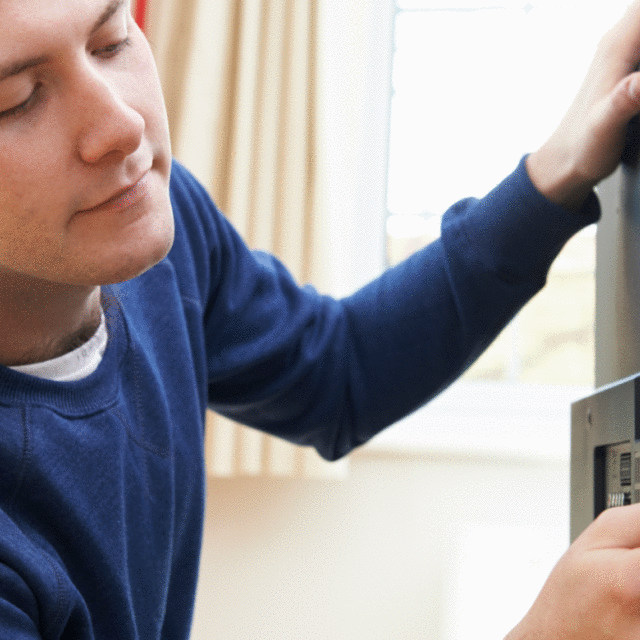Most people want to reduce adverse effects on the environment. But doing so requires a strong commitment from everyone – brands and individuals alike.
That’s why TCL has made a commitment to sustainability and is taking a firm stance on reducing our carbon footprint. We’re funding recycling programs that keep millions of pounds of electronics out of landfills throughout the United States, adding recycled content to our packaging, and enabling our packaging to be conveniently recycled. We create long-term goals and then go the extra mile to not only achieve them, but exceed them.
As individuals, we must also make the same commitment to live green, buy green, and recycle responsibly. Below are a few simple tips to help you do exactly that.
Monitor Energy Usage
Although consumer electronics account for only 12 percent of a home's electricity usage, according to the Consumer Technology Association, there are still many ways to cut energy even further – and save money in the process. For starters, monitor your utility statement to benchmark usage. Smart plugs and other accessories can also give you insights into how much energy appliances and gadgets around your home are consuming. Lastly, looking for the EPA Energy Guide label whenever buying appliances to estimate how much energy you’re likely to consume.
Be Proactive
Did you know that unused electronics can still be using electricity? According to a study by the Natural Resources Defense Council, about a quarter of all residential energy consumption is used on devices in idle power mode. If you have appliances plugged in that you haven’t used in a while, unplug them to cutdown on unnecessary power consumption. Whenever possible, swap out aging power strips with newer ones for added efficiency. You can also tweak power-management settings on some electronics such as computers, TVs, and mobile devices, to make them operate more efficiently.
For example, you can set a TCL Roku TV to automatically shut off following a period of inactivity. To enable this feature, simply go to Settings > System > Power and make sure Auto power savings is Enabled. It will give you options to save power under certain conditions. You can even specify if you want the LED standby light to be on when your TV is off.
Embrace Smart Tech
Home automation gadgets have quickly become mainstream essentials for homeowners for good reason. For starters, gadgets such as smart plugs let you set schedules for your electronics, or let you turn them off remotely when they’re not needed. A smart home thermostat can even automatically cool and heat your home more efficiently to help you save money, or keep your HVAC system from running when you’re at work, on vacation, of when there’s a sudden change in the weather.
Replace Old Technology
Many appliances and consumer electronics have made energy-saving leaps in recent years, so replacing technology that’s getting old could save you money. The amount of power required for televisions, for example, fell a staggering 23-percent from 2010 to 2013! So, if your tech is beginning to show its age, consider replacing it with a newer model. You’ll want to look for the Energy Guide label which provides energy cost information.
Recycle, Reduce, and Reuse
When your tech has reached the end of its useful life, please be sure to dispose of it responsibly, or donate it to a school, charity, or other organization that can extend its life for a while longer. If you can’t squeeze any more use out of it, chances are there’s an electronics recycling program nearby that will recycle your gadgets and keep them out of landfills. And, one less product in a landfill means a cleaner planet for everyone.
If you’re thinking of just tossing your electronics in the garbage, consider this: what if everyone in your city, in every city across America, took their TV and threw it in the landfill? Now, imagine that happening for every electronics device you own? It starts to add up, and the picture isn’t pretty. Recycling is easy, it’s often free, and each time you do it you’re making a tremendous difference.
Consistency is Key
Don’t forget that every little bit counts. By tweaking your habits and behaviors, you’re actively making a difference. That commitment will also encourage friends, family, and colleagues, to think about their own habits and how they’re impacting the environment. These small steps all add up to creating a sustainable future.



share